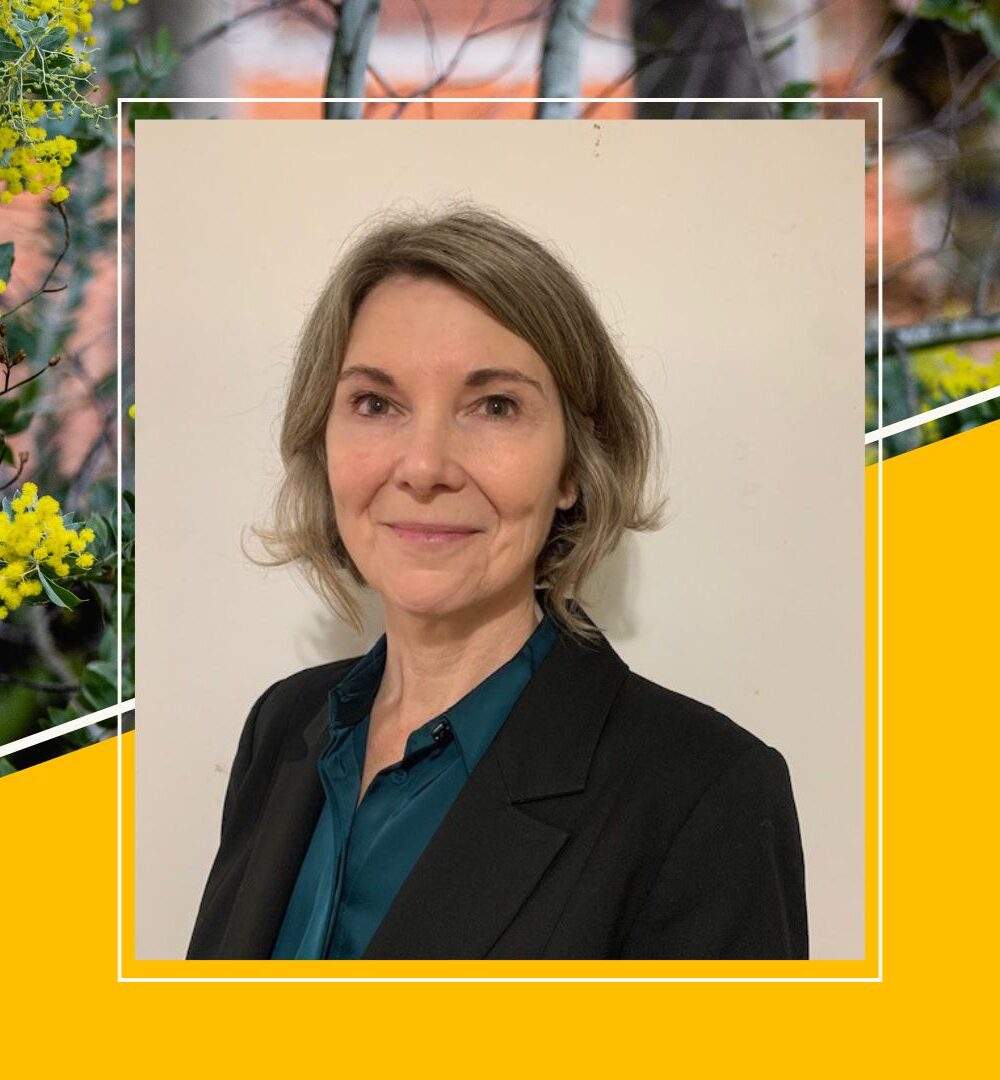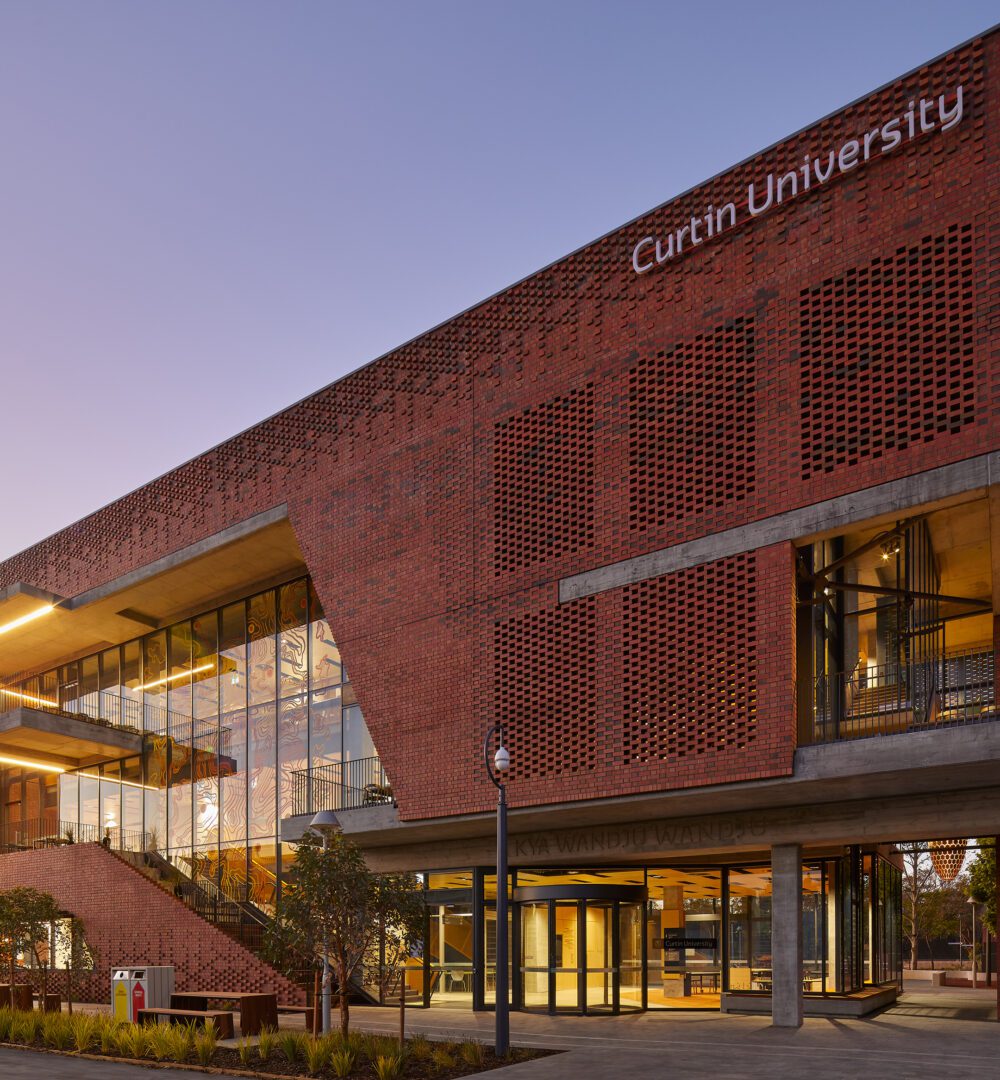Educators’ cultural experiences enhance Indigenous student engagement

Non-Indigenous educators should actively engage with the Indigenous community in order to build cultural competencies and confidence in teaching Indigenous students, a new Curtin University report has found.
The research, led by Dr Jonathan Bullen from the Curtin Medical School and funded by the National Centre for Student Equity in Higher Education (NCSEHE), explored non-Indigenous (Wadjella) educators’ practical engagement with Indigenous students, including the ‘discomfort’ often experienced when teaching or developing curriculum in this space.
Dr Bullen said there had been a national push for the development and integration of Indigenous knowledge and perspectives into tertiary curriculum, but there remained limited training and staff development around ways of engaging with Indigenous Australians.
“Indigenous students are likely to find themselves being taught by academics who lack confidence in teaching Indigenous content to them, and in some cases lack confidence in teaching them at all. This is likely to negatively impact on Indigenous student retention,” Dr Bullen said.
Interviews with educators and students, in both Indigenous-focused and ‘mainstream’ learning environments, identified specific factors affecting Wadjella educators’ engagement with Indigenous students.
“Our research showed the quality of engagement was affected by Wadjella educators’ mind sets (growth or fixed); tolerance for uncertainty and ambiguity; understanding of the student context; and capacity for forming relationships,” Dr Bullen said.
“Each of these factors is influenced by educators’ lived experiences with Indigenous peoples. Thus, institutions must invest in, and support, meaningful engagement with the Indigenous community and provide staff development opportunities extending beyond simple cultural awareness.”
NCSEHE Director Professor Sarah O’Shea commended the research, conducted under the NCSEHE Research Grants Program.
“There are wide-reaching benefits from deepening our understanding of student-educator engagement, particularly where there may be cultural and social differences,” Professor O’Shea said.
“I believe this research will not only benefit our Indigenous student cohort, but will also offer welcome guidance to universities and educators in engaging authentically and effectively with student populations more broadly.”
The final report, ‘Comfort with Discomfort: Exploring Wadjella educators’ engagement with Indigenous students’, is available here.



